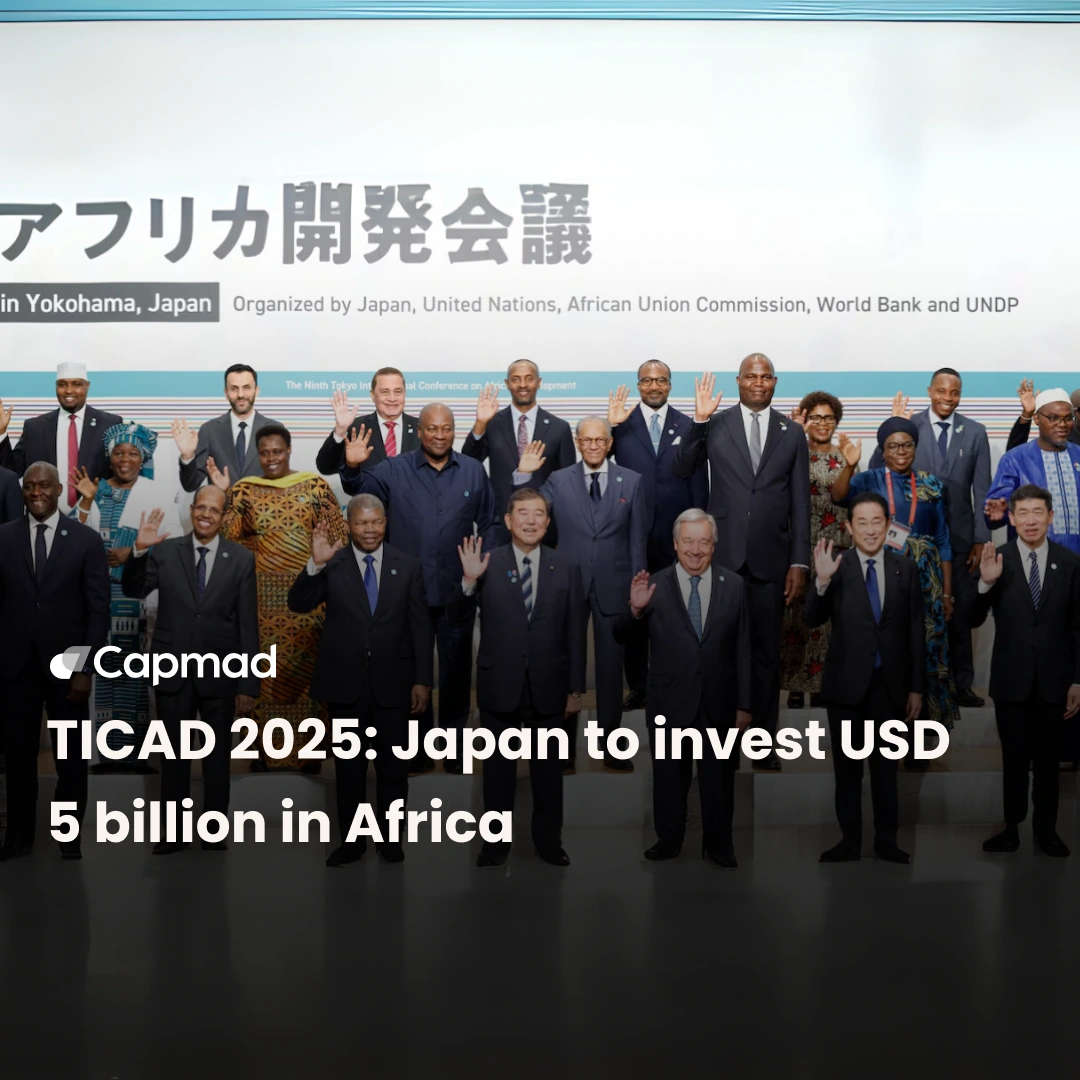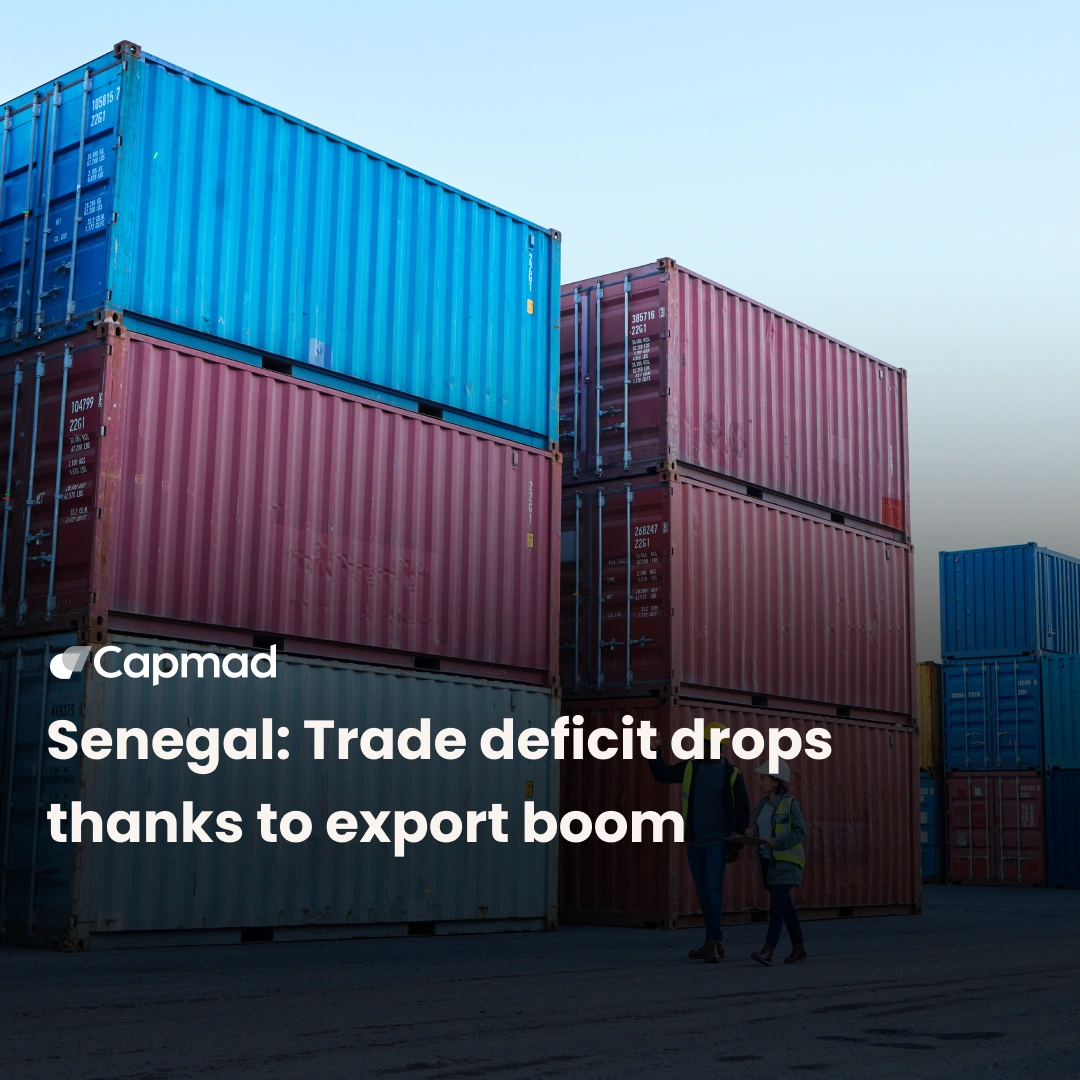The Ghana Statistical Service, inflation decreased to 11.5% in August 2025. This rate is lower compared to the levels seen in previous months, when inflation frequently exceeded 15%. This trend reflects more effective control of inflationary pressures that had impacted the cost of living in recent times.
Factors Contributing to the Decline
Several factors can explain this decrease in inflation in Ghana. On one hand, stabilization of the cedi exchange rate against major currencies has reduced import costs. On the other hand, government efforts to improve the local supply of food products, through increased support for agriculture, have helped to mitigate price increases in this key sector.
Additionally, the Bank of Ghana’s prudent monetary policy, with targeted interest rate adjustments, has strengthened investor confidence and prevented an inflationary spiral.
Impact on Purchasing Power and the Economy
This decline in inflation bodes well for the purchasing power of Ghanaians. A lower inflation rate means that price increases are slowing, allowing consumers to better plan their daily expenses. Businesses also benefit from a more stable economic environment, conducive to investment and growth.
However, with inflation still above the government’s target, sustained efforts are needed to confirm this trend and avoid any resurgence.
Outlook and Future Challenges
The Ghanaian government and the central bank must continue to closely monitor economic indicators to maintain this positive momentum. Challenges related to the international environment, notably market volatility and fluctuations in commodity prices, could impact the economy.






